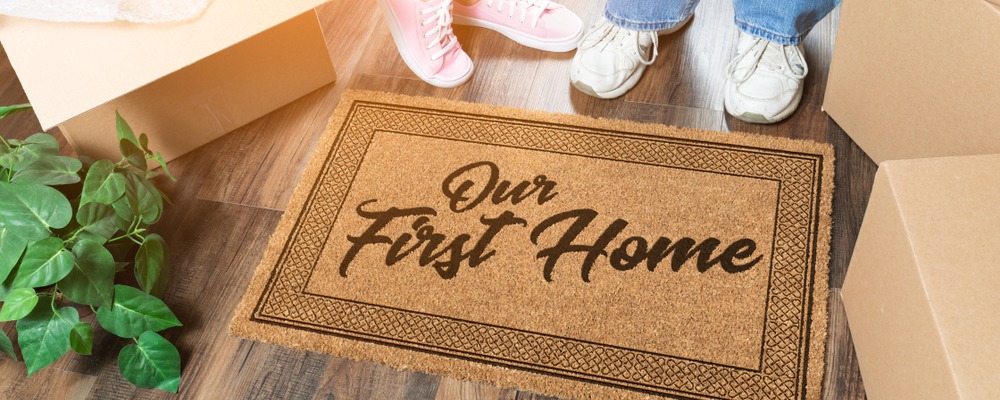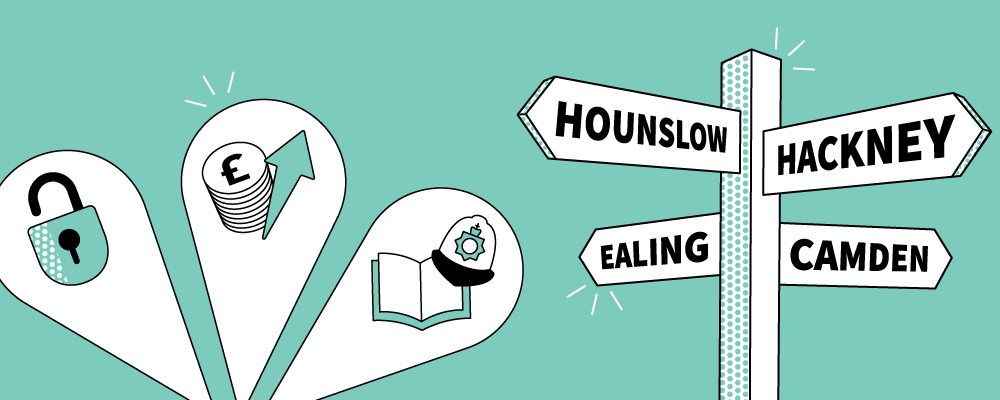
However, while it may seem challenging, it’s not impossible to get on the London property ladder before you hit your 30s. We spoke to five buyers in their 20s who bought their first homes in Greater London in 2023 to find out how they did it.
Key Takeaways
Below, Michael, Briony, Matt, Meghan and Annie share their tips for other buyers hoping to achieve the dream of buying a home in London In their 20s.
Michael, 28, who works in tech, moved into a new build home in London this summer. He made use of the government’s Help To Buy ISA scheme:
“Ever since I started working, I’ve had a Help To Buy ISA. I have a direct debit which means every payday, money is moved straight from my main account into this one.
“This scheme has now been phased out so you won’t be able to open a new Help To Buy ISA. However, there are other schemes and offers you should consider. For example, you can opt for a Lifetime ISA instead. With this scheme, you can invest up to £4,000 a year and the government will top it up by 25% - another £1,000.”
Insurance specialist, Briony, 25, bought her two-bedroom house at the beginning of the year. She adds that, if you’re buying with a partner, you should both open separate ISAs:
“I bought with my partner. We both opened separate ISAs and then pooled them together when we wanted to buy.”
Matt, 24, works in computing and is about to move into his flat in South West London. He recommends single buyers consider moving in with a friend or relative:
“I don’t have a partner and I don’t think it would have been possible for me to buy on my own in London. However, my sister was in the same position and we ended up buying a flat together. I think people forget that joint mortgages aren’t just for couples!”
Digital Marketing Manager, Meghan, 29, moved into her East London house this year and says living with parents helped her to save for a deposit in record time:
“I was lucky enough to be able to live with my parents from the time I finished university until my partner and I were ready to buy. Although I contributed to household bills by paying some rent, this was minimal. I paid a lot less than the going rate for a one-bed or even house share in my local area which allowed me to save the majority of my monthly salary.”
Michael saved money almost every day with a rail card:
“As I was living outside of London, one of my biggest expenses was commuting. I invested in a 26-30 railcard which only costs £30 a year but meant I saved a third on almost every journey.”
Briony prioritised saving very early:
“I knew I wanted to buy a house young so I started saving while I was at university. I had a part-time job and budgeted to avoid overspending, allowing me to put as much as possible into my savings. This meant I had a headstart when I started looking to buy.”
27-year-old business owner, Annie, and her partner (29) took on extra work to help them reach their savings goal and buy their flat in North London:
“Me and my partner were both earning decent entry-level salaries but living in London meant our rent wasn’t cheap and we found we weren’t saving much. We both took on second jobs and put all of the earnings from these into saving for a deposit.
“I worked in a fish and chip shop on a Friday night and started doing some freelance work too. My partner had an evening cleaning job three nights a week.”
Meghan admits she got lucky with timing:
“I have to say the coronavirus lockdown came at a good time for me and is probably part of the reason I managed to get on the property ladder so young. It made saving so much easier as I was going out less and there was a lot less opportunity to spend money. I was also working from home which meant I didn’t have the expense of commuting, buying lunch or going for drinks after work.”
Briony advises understanding exactly where your money is going:
“I went through several months of debit and credit card statements and highlighted expenses in two colours. Necessities such as utility bills and food shops I highlighted in green and unnecessary spending in orange. I realised seemingly negligible little-and-often expenses were amounting to a lot of money each month. I decided I was willing to compromise on little luxuries like getting my nails done and regular date nights with my partner if it meant we could buy a house.”
Michael adds that rewards programmes meant he could still enjoy himself, while he was saving:
“I use a rewards credit card for most of my spending. This allows me to collect points that can be exchanged for perks like shopping and dining vouchers or flights. While I was focusing on saving for my deposit, this allowed me to treat myself every now and then.”
Looking for more advice on getting onto the London property ladder? Read our First-Time Buyer’s Guide to London

